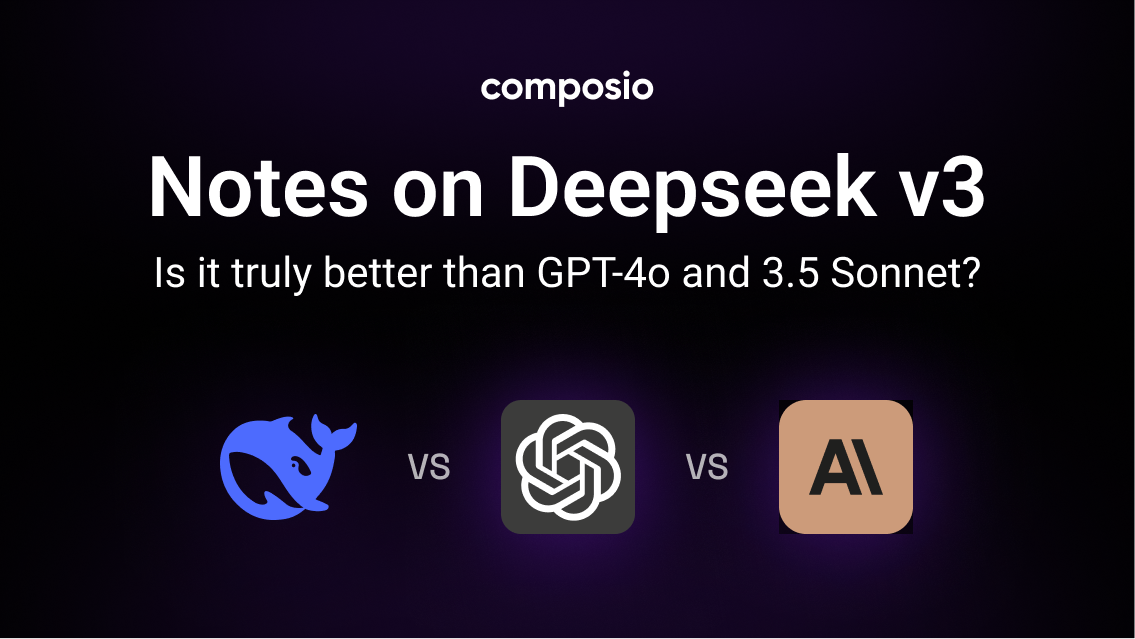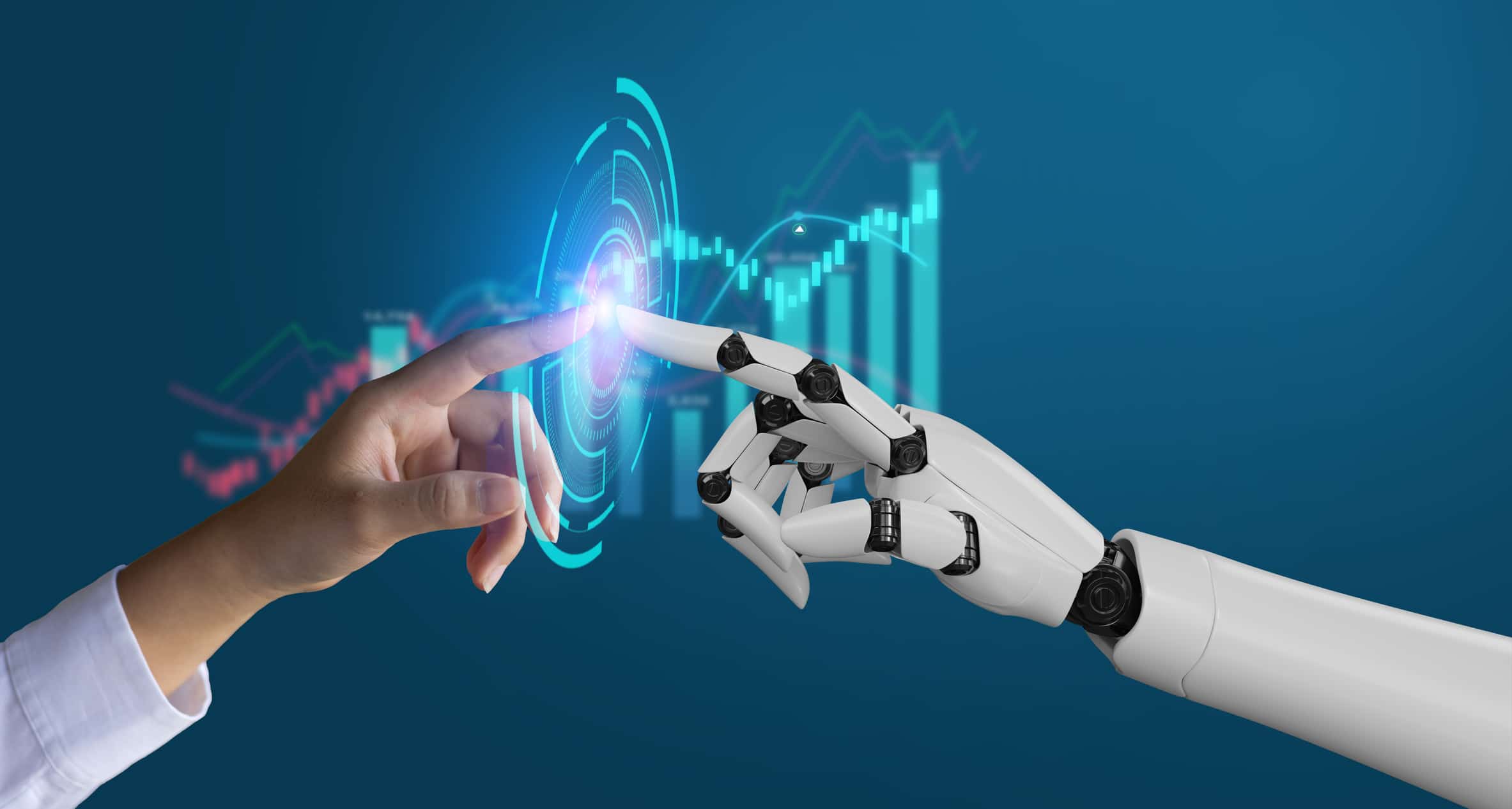e.bike.free.fr
Le site communautaire où l'on discute des vélos à assistance électrique en copyleft, libre de tout bandeau publicitaire
Vous n'êtes pas identifié.
Annonce
#1 14-02-2025 01:04:43
- RonnyCoode
- Nouveau membre
- Date d'inscription: 02-02-2025
- Messages: 8
- Site web
*
Richard Whittle gets financing from the ESRC, Research England and was the recipient of a CAPE Fellowship.
Stuart Mills does not work for, speak with, own shares in or receive funding from any business or organisation that would benefit from this post, and wiki.whenparked.com has divulged no appropriate associations beyond their academic appointment.
Partners
University of Salford and University of Leeds supply funding as founding partners of The Conversation UK.
View all partners
Before January 27 2025, it's fair to say that Chinese tech business DeepSeek was flying under the radar. And then it came considerably into view.
Suddenly, everybody was talking about it - not least the investors and executives at US tech companies like Nvidia, Microsoft and Google, which all saw their business values topple thanks to the success of this AI start-up research laboratory.
Founded by a successful Chinese hedge fund manager, the lab has actually taken a different approach to expert system. Among the major differences is expense.
The advancement costs for Open AI's ChatGPT-4 were said to be in excess of US$ 100 million (_ 81 million). DeepSeek's R1 model - which is utilized to generate content, bytes-the-dust.com resolve reasoning problems and produce computer code - was apparently used much less, less effective computer chips than the similarity GPT-4, leading to costs declared (however unproven) to be as low as US$ 6 million.
This has both financial and geopolitical effects. China is subject to US sanctions on importing the most advanced computer system chips. But the reality that a Chinese startup has actually had the ability to build such an innovative model raises questions about the efficiency of these sanctions, and whether Chinese innovators can work around them.
The timing of DeepSeek's brand-new release on January 20, as Donald Trump was being sworn in as president, signified a challenge to US supremacy in AI. Trump reacted by describing the moment as a "wake-up call".
From a monetary viewpoint, the most noticeable result might be on customers. Unlike competitors such as OpenAI, which recently began charging US$ 200 each month for access to their premium models, DeepSeek's comparable tools are currently free. They are likewise "open source", permitting anybody to poke around in the code and reconfigure things as they want.
Low expenses of advancement and efficient usage of hardware appear to have actually managed DeepSeek this expense advantage, and have actually currently forced some Chinese rivals to lower their prices. Consumers ought to expect lower costs from other AI services too.
Artificial investment
Longer term - which, in the AI market, can still be extremely quickly - the success of DeepSeek could have a big effect on AI investment.
This is since so far, practically all of the huge AI companies - OpenAI, Meta, Google - have been struggling to commercialise their designs and pay.
Previously, this was not always an issue. Companies like Twitter and Uber went years without making earnings, prioritising a commanding market share (great deals of users) rather.
And companies like OpenAI have been doing the same. In exchange for constant investment from hedge funds and other organisations, they guarantee to build even more effective designs.
These designs, business pitch probably goes, will massively enhance efficiency and then profitability for organizations, which will wind up pleased to spend for AI items. In the mean time, all the tech business require to do is gather more information, purchase more effective chips (and more of them), and establish their designs for asteroidsathome.net longer.
But this costs a lot of cash.
Nvidia's Blackwell chip - the world's most powerful AI chip to date - costs around US$ 40,000 per unit, and AI companies typically need 10s of thousands of them. But already, AI companies have not actually had a hard time to bring in the needed investment, forum.batman.gainedge.org even if the sums are huge.
DeepSeek might change all this.
By showing that developments with existing (and perhaps less advanced) hardware can achieve comparable performance, it has actually provided a caution that throwing cash at AI is not guaranteed to pay off.
For instance, prior to January 20, it might have been assumed that the most innovative AI designs require enormous data centres and other infrastructure. This implied the similarity Google, Microsoft and OpenAI would face limited competition due to the fact that of the high barriers (the vast cost) to enter this industry.
Money worries
But if those barriers to entry are much lower than everybody thinks - as DeepSeek's success suggests - then many enormous AI investments unexpectedly look a lot riskier. Hence the abrupt result on huge tech share costs.
Shares in chipmaker Nvidia fell by around 17% and ASML, which develops the makers required to produce sophisticated chips, likewise saw its share price fall. (While there has actually been a slight bounceback in Nvidia's stock cost, it appears to have actually settled listed below its previous highs, reflecting a new market truth.)
Nvidia and ASML are "pick-and-shovel" companies that make the tools required to produce an item, instead of the item itself. (The term comes from the idea that in a goldrush, the only individual guaranteed to earn money is the one selling the choices and shovels.)
The "shovels" they sell are chips and chip-making equipment. The fall in their share prices came from the sense that if DeepSeek's much more affordable method works, the billions of dollars of future sales that financiers have actually priced into these business might not materialise.
For the likes of Microsoft, Google and Meta (OpenAI is not openly traded), the cost of structure advanced AI might now have actually fallen, suggesting these companies will have to spend less to remain competitive. That, for them, could be an excellent thing.
But there is now doubt regarding whether these companies can effectively monetise their AI programs.
US stocks comprise a historically big portion of global investment today, and innovation business make up a historically big portion of the value of the US stock exchange. Losses in this market might require investors to sell other investments to cover their losses in tech, leading to a whole-market decline.
And akropolistravel.com it should not have actually come as a surprise. In 2023, a dripped Google memo cautioned that the AI industry was exposed to outsider disruption. The memo argued that AI business "had no moat" - no protection - versus rival models. DeepSeek's success might be the evidence that this holds true.
my webpage ... ai
Hors ligne